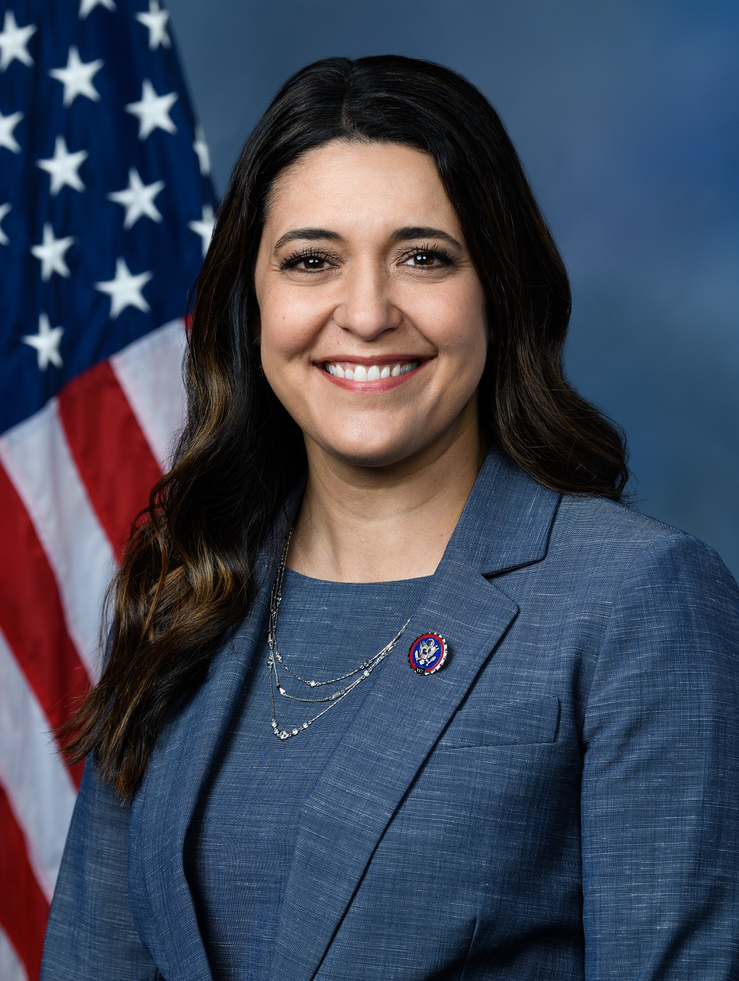H.R. 3643: VA Data Transparency and Trust Act
The VA Data Transparency and Trust Act is designed to enhance the transparency and reporting requirements of the Veterans Benefits Administration (VBA) and the Veterans Health Administration (VHA) within the U.S. Department of Veterans Affairs. Here’s a breakdown of the key components of the bill:
Annual Reports on Veterans Health Administration
The bill mandates that the Secretary of Veterans Affairs submit a comprehensive report on the operation and effectiveness of the Veterans Health Administration. This report must be delivered annually for five years and should include:
- The total number of veterans receiving hospital care, medical services, and nursing home care.
- Details about major chronic conditions affecting these veterans, including incidence rates of conditions like traumatic brain injury, diabetes, cardiovascular disease, and cancer.
- Demographic data, disaggregated by age, service period, and sex.
- Analysis of healthcare provided to specific veteran groups, such as those who served post-9/11, those with mental health conditions, and those with disabilities.
- Information on long-term care veterans, including demographics, costs, and types of care received.
- Enrollment statistics in various programs, including an assessment of veterans’ reliance on the Veterans Health Administration for their healthcare needs.
- Quality assessments of healthcare services, including rates of hospital-acquired infections and overall veteran satisfaction.
Data Sharing System
The bill also requires the creation of a data sharing system that allows qualified researchers access to anonymized data about veterans. The objectives of this system include:
- Providing data on enrolled veterans and the services they receive.
- Facilitating research that can inform better health practices and policy for veterans.
- Ensuring data security and privacy for all individuals involved.
Additional Reporting Requirements for VBA
The Veterans Benefits Administration would also have new reporting obligations under the bill, which would involve:
- Collecting detailed data on veterans receiving benefits, categorized by age, income, length of service, and disability ratings.
- Including summary statistics on the types of benefits provided and demographic information on veterans with service-connected disabilities.
Implementation Timeline
The reporting requirements under the bill are set to begin following its enactment and will last for five years, ensuring a comprehensive view of health service delivery and benefits administration for veterans during this time.
Funding and Costs
While the bill does not directly specify funding mechanisms, it will likely lead to adjustments in resource allocation within the Veterans Affairs Department to accommodate enhanced reporting and data systems.
Relevant Companies
- None found
This is an AI-generated summary of the bill text. There may be mistakes.
Sponsors
9 bill sponsors
Actions
4 actions
| Date | Action |
|---|---|
| Jun. 12, 2025 | Subcommittee Hearings Held |
| Jun. 06, 2025 | Referred to the Subcommittee on Health. |
| May. 29, 2025 | Introduced in House |
| May. 29, 2025 | Referred to the House Committee on Veterans' Affairs. |
Corporate Lobbying
0 companies lobbying
None found.
* Note that there can be significant delays in lobbying disclosures, and our data may be incomplete.
Potentially Relevant Congressional Stock Trades
No relevant congressional stock trades found.








